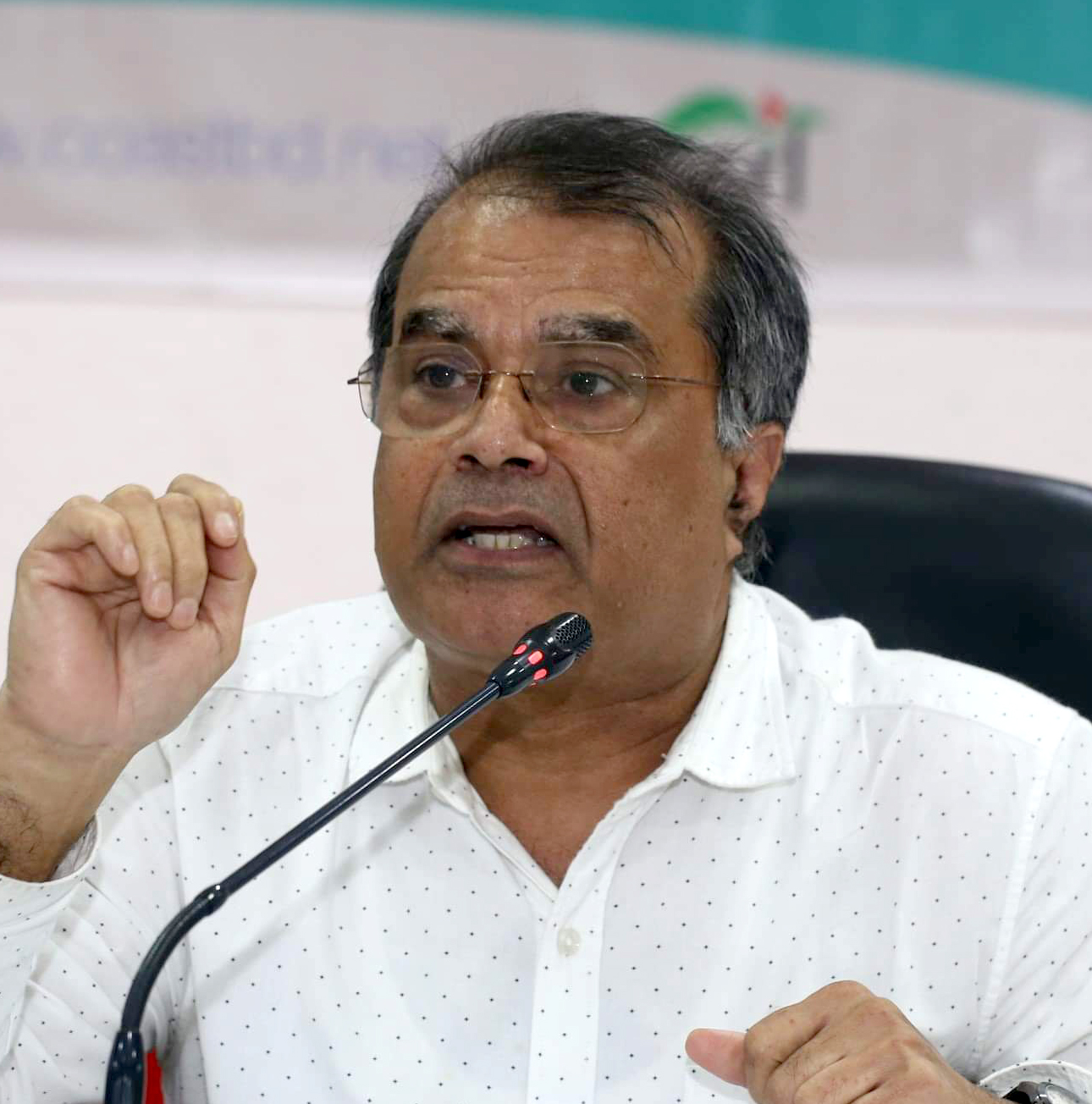Rezaul Karim Chowdhury
Published:2024-02-15 18:27:40 BdST
Whose Truth and Whose Interest: Platform in Rohingya Response
A platform in Rohingya response infused a questionable example of upholding facts while being reviewed. The review consultant deliberately used three terms, i.e., independent, neutrality and impartiality, in his presentation.
However, we know that he was employed by the INGO, the platform's host agency and his ToR was never disclosed widely. If he had been appointed by the donor, he could have better claimed those three terminologies.
There was a scope for comparing the platform’s results with a local home-grown alliance. If compared, anyone would find that the website of the locally home-grown forum is full of knowledge materials without taking any donor funds while being managed by a local coastal NGO. On the other hand, donors invested a million dollars on the said platform’s website, which has very little knowledge materials.
The Platform successfully creates questionable relationships between the local NGOs and their leaders in face-loss situations by alluring them with the pooled fund created out of the donor’s money. This is how it has facilitated the emergence of colonial practice, i.e., monopolization of a single NGO and the supremacy of the international agency leaders.
While defining “local”, they took the “territory approach” and avoided the “NGO leader’s birthplace and commitment approach”. Whatever the size and area of the NGO, its birthplace is the matter and results in respect of right-based integration, i.e., mobilizing and raising local voices on human rights. The “territory approach” may turn counterproductive as it may narrow down to a claim that whatever the resources must go through the locals.
The review consultant mentioned in one of the slides that the UN appreciated that the platform identified local NGOs' misconceptions about localization.
However, the fact is that it is the SEG (Strategic Executive Group) led by the UN agencies and their assigned Localization Task Force (LTF) led by UNDP and IFRC that prepared the Localization Road Map in Rohingya Response. So, what does the review of the consultant's comments mean?
My position is that, now, the platform and SEG / UN agency have made localization a forgotten issue despite the fact of investing millions of dollars in it. Agencies hardly respected their commitment to localization. Even the nationally origin INGO (International NGO) managing the so-called pooled fund in the name of localization did not sign the Grand Bargain and Charter 4 Change. These two charters are the primers of localization.
In another slide, the review consultant mentioned that the platform has taken advocacy issues to a global level. So far as knowledge goes, in most cases, it is the staff of the national origin INGO who represented the Rohingya response in different international forums. Instead, the home-grown forum organized events on Rohingya rights at the international level and facilitated the local NGO leaders to participate in international events.
Platform members have great potentialities to raise voice on transparency on Rohingya aid so that there will be more services to the refugees in reducing management cost. They have great potentialities to do political campaign especially in international level, while they have membership of 100 INGOs who could do campaign in their international origin, in different capitals on dignified repatriation and ensuring accountability of Myanmar junta on the genocide happens on Rohingya community. But they hardly do it.
The platform has little interest on raising critical issues like how the fourteen thousand host community lives in camps, how around four thousand fisherman lives in Teknaf, how progressively alternatives of plastics could be used in camps. The platform might have other purpose, or they do not have capacity to do advocacy, although Sweden, Switzerland and European Union invest huge money on them. Donors must investigate and justify the investment.
Unauthorized use or reproduction of The Finance Today content for commercial purposes is strictly prohibited.


